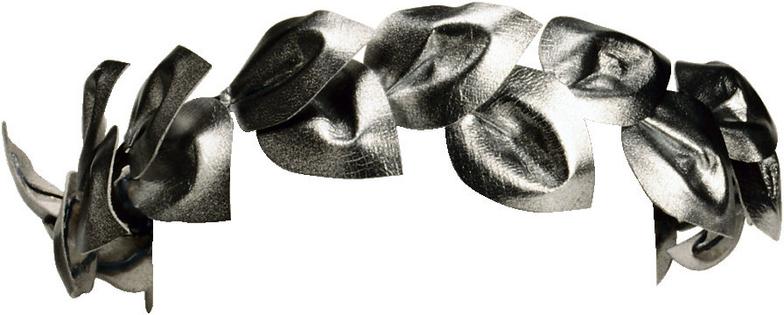Search EnFlourish:
Resources for Language Arts Classrooms
.
.
.
.
.
.
.
.
.
.
.
.
.
.
.
.
.
.
.
.
.
.
.
.
.
.
.
.
.
.
.
.
.
.
.
.
.
.
.
.
.
.
.
.
.
.
.
.
Caesar is walking to the Senate with other Senators. He is confronted by the fortune teller. Caesar tells the fortune-teller that the ides of March have come. The fortune teller responds by warning Caesar that the day is not quite over.
Artemidorus then approaches Caesar with his letter of warning. Decius, though, interrupts Artemidorus and tells Caesar to read a petition from Trebonius first. Caesar tells Artemidorus that he doesn’t care about things that concern himself because he puts Rome above all else.
As they approach the Senate, Caesar is stopped by Popilius Lena. They speak for a moment outside of the Senate, all the while Cassius and Brutus watch from a safe distance. Cassius fears that their plan has been figured out; Cassius fears that Popilius is warning Caesar of the coup. Brutus knows better and calms Cassius down. The two also watch as Trebonius gets Mark Antony to leave the Senate.
Once inside of the Senate, Metellus Cimber gets on his knees and begs Caesar to allow his banished brother, Publius Cimber, to be allowed to return to Rome. Brutus and Cassius join Metellus and beg for Publius Cimber’s return.
Caesar tells the group of men that he is as constant as the North Star, which stays steady and firm in the sky. Like the North Star, he will remain steady and unmoved in his decision to banish Publius Cimber. The other conspirators approach Caesar with pleads of allowing Publius Cimber back.
Cinna has also approached and he stabs Caesar. The other conspirators brandish their swords and stab Caesar as well.
Brutus is the last person to stab Caesar. Caesar’s last words are “Et tu, Brute? Then fall Caesar!” Translated, Caesar says “And you too, Brutus? Then, I shall fall!”
Upon Caesar’s death, Cassius instructs a few of the conspirators to go speak to the people to let them know that they are now free from Caesar’s tyranny. He tells other conspirators to stick around just in case the other innocent senators come forward to avenge Caesar’s death.
Brutus, then, has the remaining conspirators bathe their hands in Caesar’s blood as a symbolic gesture of the death of tyranny. Cassius agrees that this is a good idea. Cassius believes others will mimic this gesture in the future when they celebrate Caesar’s death.
Meanwhile, Antony has received word of the recent events. His safety has been guaranteed if he returns to the Senate, so he enters the scene. He immediately eyes Caesar’s body and he speaks to Caesar. He can’t believe that a man who had accomplished so much, who had grown so large, could have been shrunk so small. He asks the men to kill him since he would die no finer of a death than a death besides the great Caesar.
Brutus tells Antony that things may seem dire, but they are not. Brutus says that when the conspirators explain their reasoning, then Antony will understand their motives. He asks Antony to be patient with them since they first must calm down the populace. After the people of Rome understand their motives, then Brutus will return to explain his motives to Antony. Antony appears content with this explanation and he shakes each hand of the conspirators as a sign of his allegiance to them.
Antony, next, asks the conspirators if he can speak at Caesar’s funeral. Brutus says he can speak, but only under a few conditions: Brutus will speak before Antony; when Antony speaks he cannot blame the conspirator’s for Caesar’s death; and when Antony speaks he must make it clear that any praise of Caesar was only allowed because the conspirators approved it. Antony agrees to the conditions and the conspirators exit.
JULIUS CAESAR -- ACT III, 1
Antony is now left alone with Caesar’s body. He speaks to Caesar and apologizes for his kindness towards the butchers who murdered him. Brutus states that a curse, a plague, will befall upon Italy and the spirit of Caesar will “unleash the dogs of war.” Surely, the conspirators will pay for their actions.
Octavius’ servant enters and begins to sob when he sees Caesar’s body. Antony tells the servant to hang around for his funeral speech. When he is done speaking, then he is to return to Octavius and let him know what has happened in Rome. Octavius is the rightful heir to Rome.
Connect with EnFlourish
Note: To purchase our products, you must have a teacherspayteachers account. These accounts are free to create and use at www.teacherspayteachers.com.
©2016, Enflourish Publishing, All Rights Reserved.
BROWSE CONTENTS
by William Shakespeare

